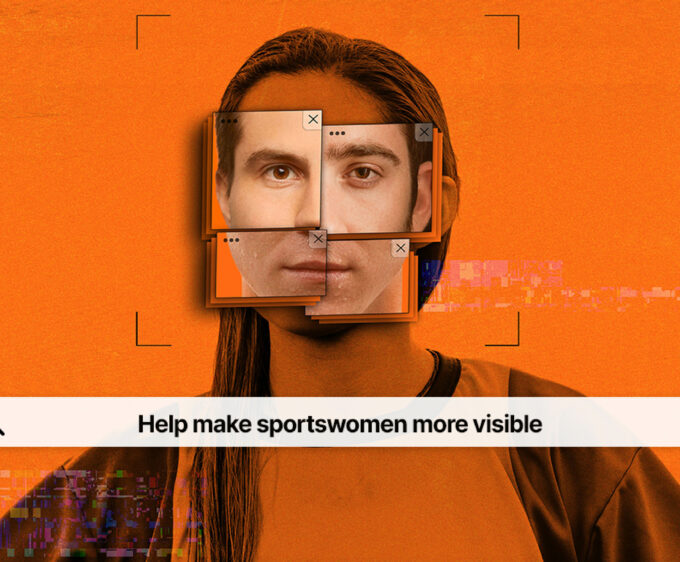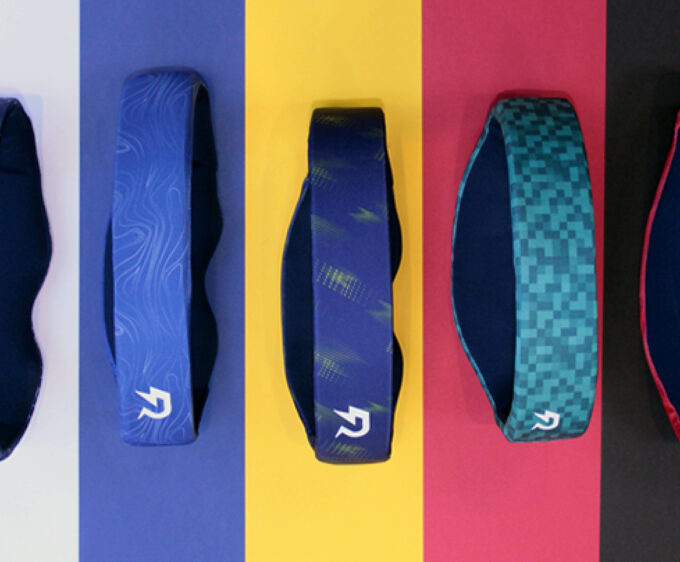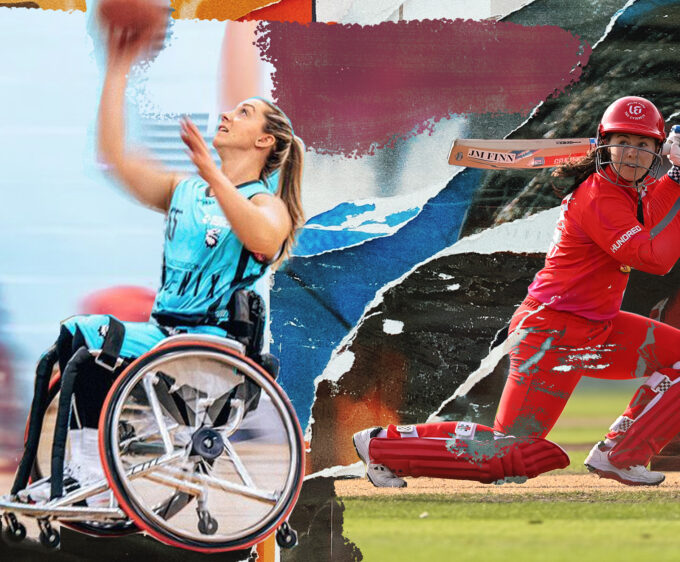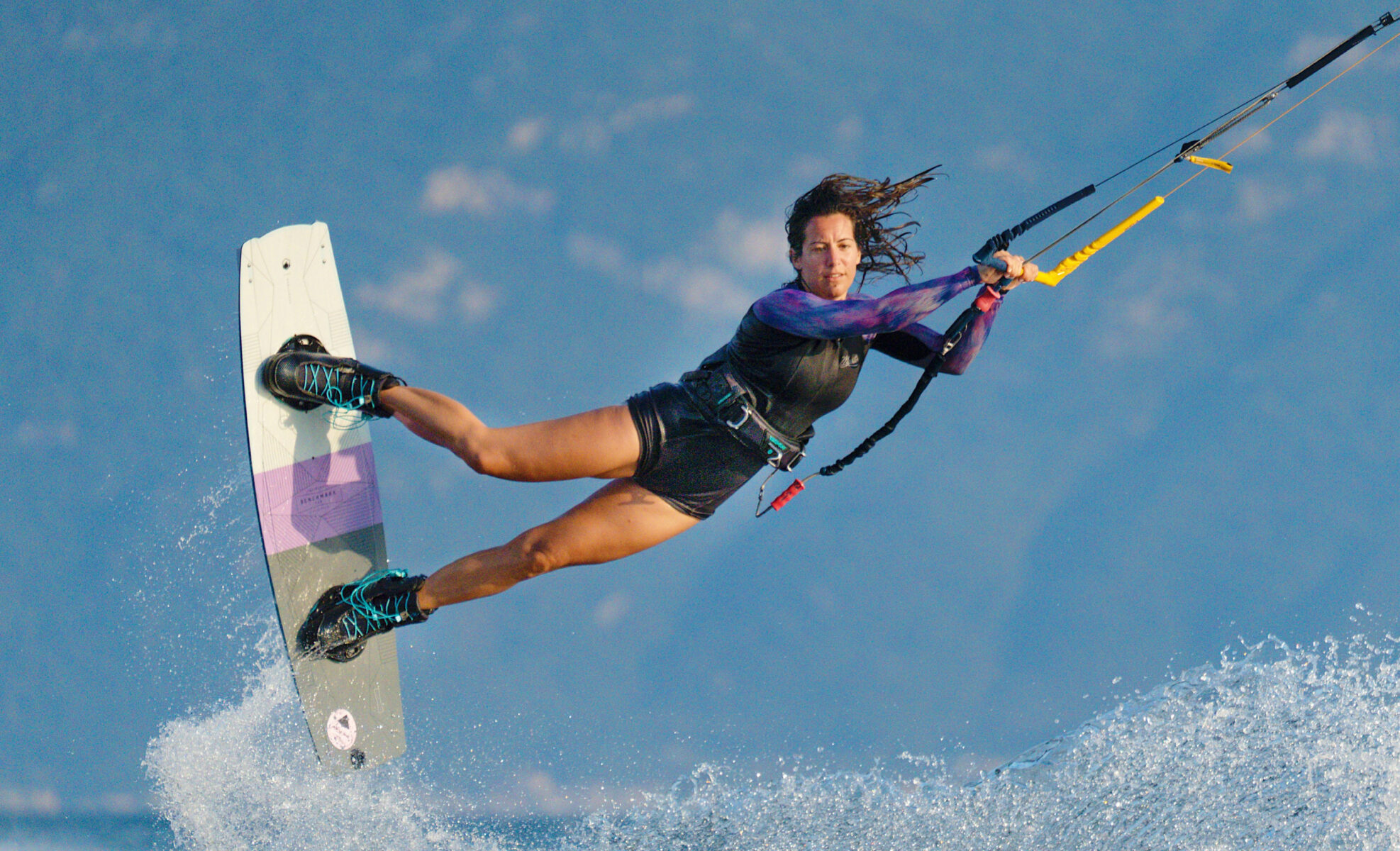
Tech: The Parallels
How can a career in tech intersect with a passion for extreme sports? Turns out, more than you would probably think! Josie West shares her unique perspective on leveraging technology to enhance sports performance
By Glorious
Meet Josie West, the director of AI and IOT at Avanade and a passionate advocate for women’s participation in extreme sports. For Josie, sports tech is all about leveraging technology to improve performance and gain a competitive edge. As a female leader in the tech industry and an extreme sports enthusiast, Josie brings a unique perspective to both arenas. She believes that women have a lot to offer, with their unique abilities and insights driving innovation and progress. Her work with She Flies, a social enterprise that coaches women in extreme sports, has given her the opportunity to share her passion for extreme sports with other women and help them overcome any challenges they may face. We sat down with Josie to learn more about the parallels between her work in tech and her passion for extreme sports.
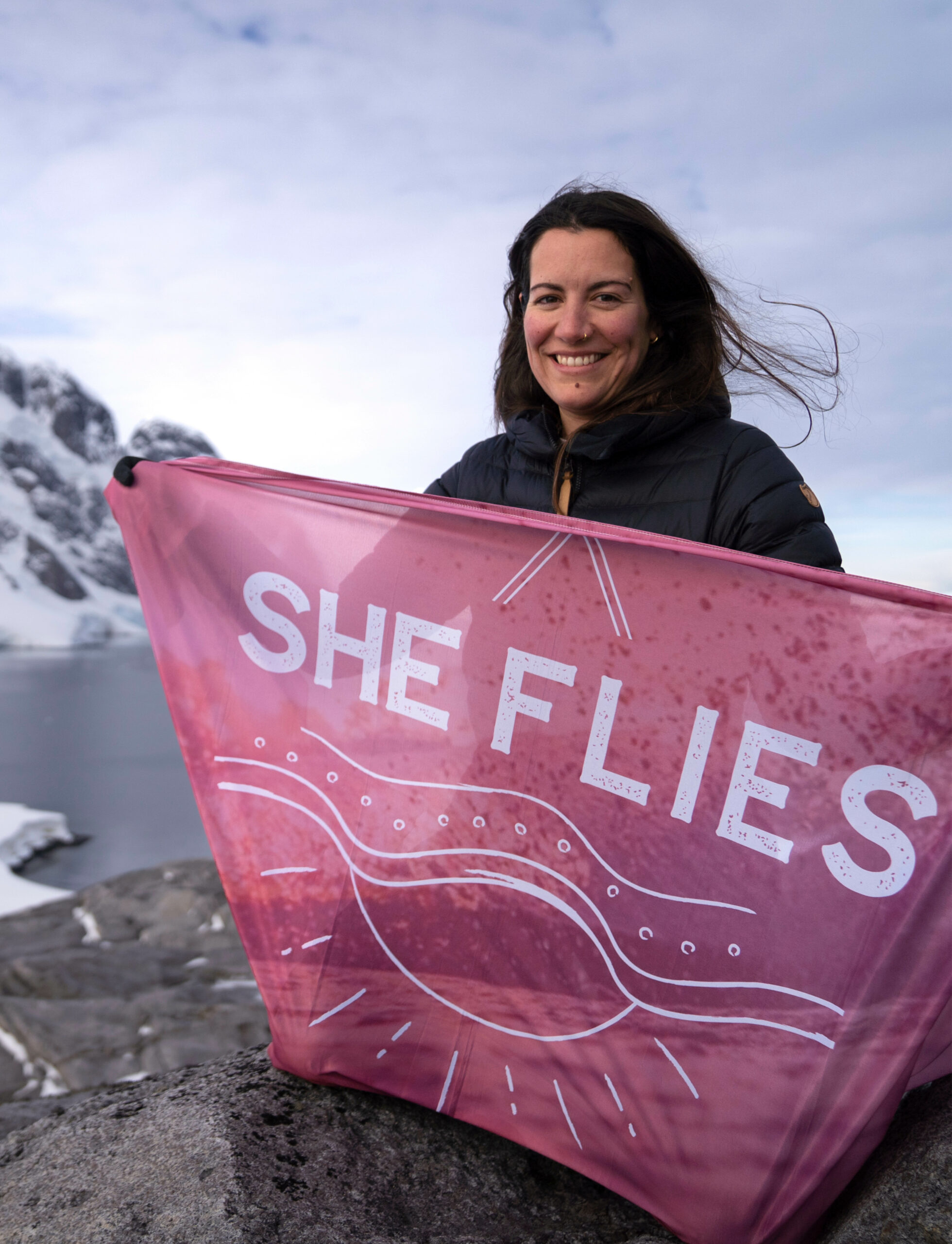
Glorious: When I say sports tech, what does this mean to you?
Josie West: Like in all industries, tech is there to enable and it’s there to improve. In sport it gives you that minutia extension into your performance. For me, sports tech means my Garmin watch, which I use to record my fitness and kite surfing sessions. I’m addicted to seeing results, it’s a competitive thing. When you’ve got tech combined, you can analyse, better understand your performance and see where you can improve next time.
Glorious: You are Director of AI and IOT at Avanade, so tell us about your role and where is AI taking us in the future?
Josie West: We’re a consultancy firm and we sell skills and products to other organisations. I make sure that what we offer as a service is aligned with the market so we’re up-to-date and we have capabilities in all the areas where needed such as generative AI, predictive modelling or simulating – all these different types of data science to ensure we are competitive in the market and ahead of the game in terms of our capability.
AI is really interesting at the moment. There are two types of client – one that says, I want you to build me something that will replace all our people in our call centre, then the other client says, we’re really interested in AI, but we don’t want it to come in and replace all our staff. The truth is, at the moment where it stands, it’s co-piloting. It’s creating efficiency to allow us to do our jobs more effectively, but it can’t replace us. AI isn’t actually intelligent. It’s unable to think about an answer, all it’s doing is googling for us but filtering out all the junk and then generating content based on what already exists.
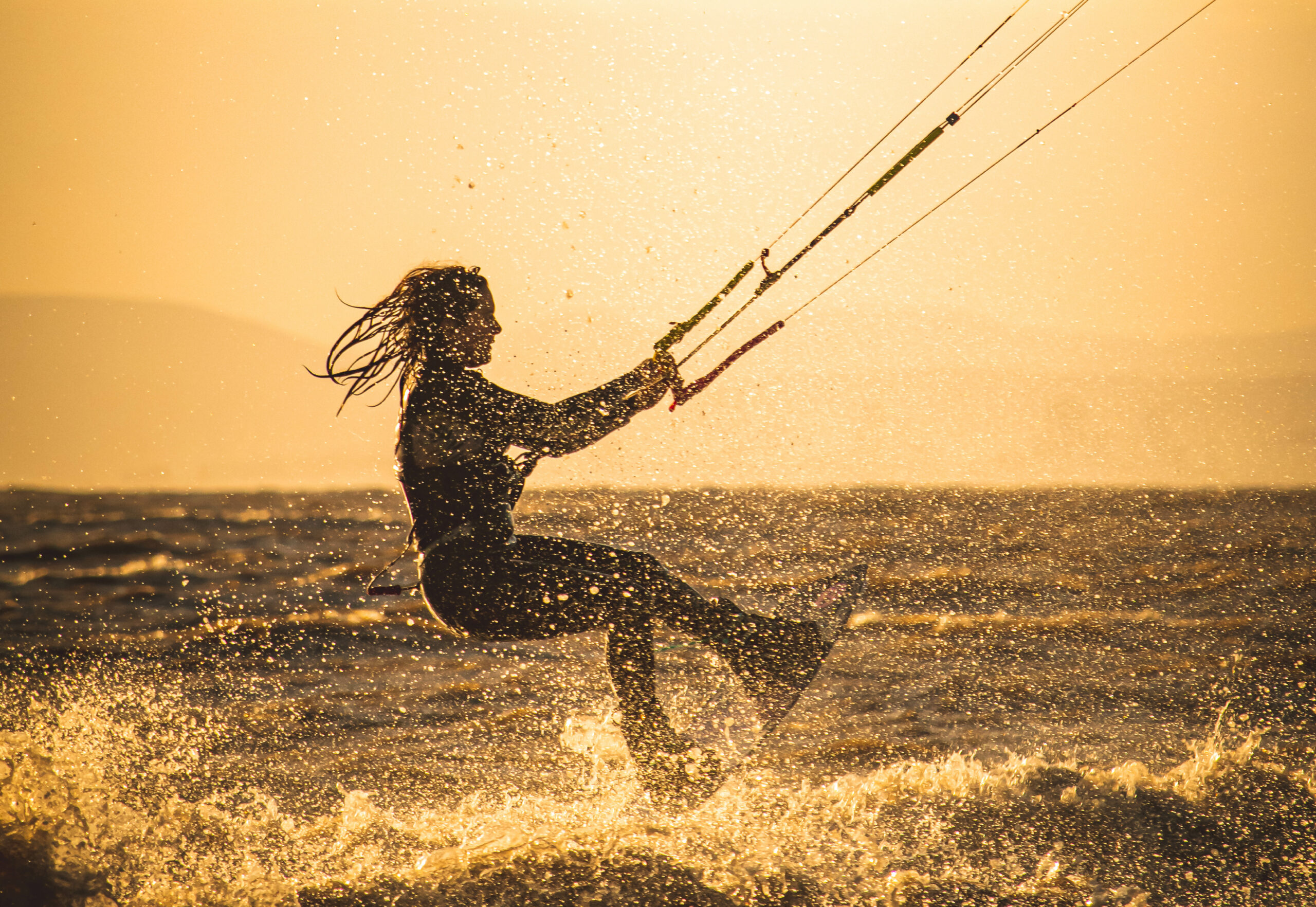
Glorious: How do you feel your experience as a female director in the tech industry has influenced your approach to extreme sports?
Josie West: Oh, great question, I’ve got so many thoughts! The big thing that comes to mind straightaway as a woman working in a corporate environment I never felt like a victim. I used to think that women are all good, stop making these female-only initiatives, but as I have become more senior in my career, I have realised that we are discriminated against. It’s not subjective, it’s a fact. It’s society. It’s evolution. But it doesn’t mean that you’re a victim.
What’s that made me realise in the extreme sports world is that it’s the same. When you are less advanced, you’re just focused on yourself and having a good time. Whereas when you advance in a sport, you begin to think, ‘Hold on a minute, there’s these environments that actually I’m finding more difficult because I might be being penalised as a woman.’ Now it doesn’t mean that those environments are difficult and some women don’t notice it, or find superpowers, and I’ve learned how to do that. It’s not that it’s more difficult, it’s that we’ve got a higher hill to climb. It doesn’t mean that we’re a victim on the steep slope, it just means that any support we can get to get equal opportunities is important.
Glorious: So, how do you approach the slope to get to the top of the hill in the tech and sports world?
Josie West: It’s about defining the difference between equality and treating people the same, but these are two different things. I always talk about the analogy of if you build a football ground without disabled access. You’re treating everyone the same, but the disabled people who can’t use stairs can’t access their seats and therefore it’s not equal.
The problem that we have in sports, including the extreme sports world, is that all of them are very immature environments. Mature sports that feature in the Olympics have a real focused attention and policy around them, and with criticism that people have to react to, so it becomes more equal. When you’re in a small circle you can’t call out scenarios where women are being penalised in certain ways, it’s difficult to do that. If you’re a man in that environment, you have a louder voice, but for women it’s seen as feminism as a bad word!
There are two things that I’ve learned from the tech world to the sports world. The first is that It’s not equal and there’s no shame in acknowledging that you might not get to fix it. I think that I denied it for a long time in my career because I was worried about causing a scene. The second thing is that women are unique. We are amazing in the tech world, and there’s not many of us, so we’re like this unicorn amongst a flock of pigeons that are bringing so much innovation, insight and new thinking, which needs it in the tech world because it’s so fast paced.
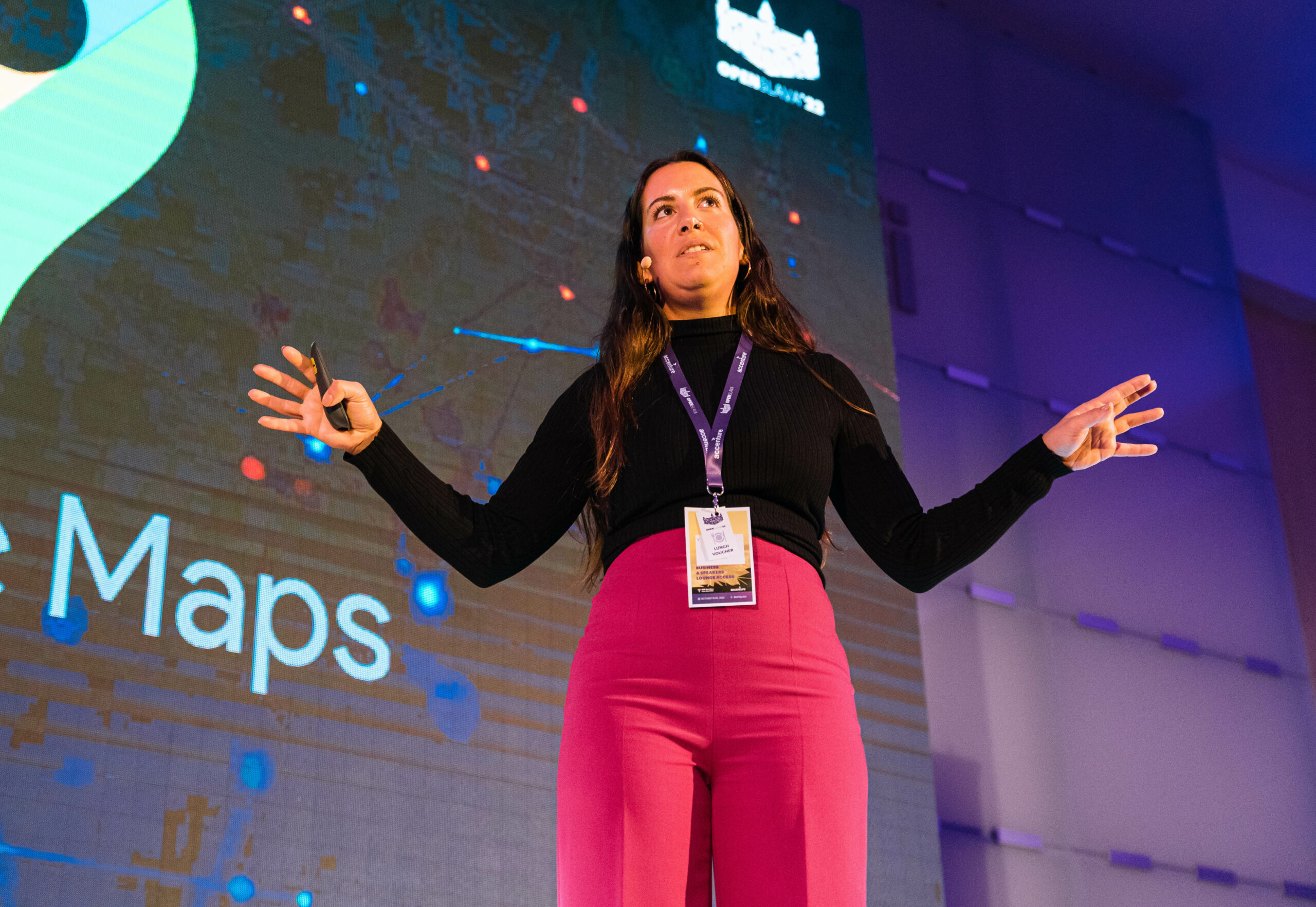
Technology
Glorious: Do you see any potential for technology to change the way we approach sports?
Josie West: It already does. We all work in a digital world and we are all enabled by tech. Every athlete, whether they’re an amateur or a professional, it’s rare if they don’t track their performance through technology. Tech is ingrained in everything we do.
Tech is fantastic to push ourselves to be better. But where does tech come into the fray when you want to play? Through She Flies, when I encourage women to come to learn to kite surf for example, it’s not about progressing, it’s about enjoyment. I worry that in our world, and sport is such a great avenue for play, that we rarely have time to just live and be in the present. When I go for a run, I’m thinking, ‘Am I faster than I was last time?’ You’re not just playing! I coach a lot of people and I say to them, ‘What word do you want to describe how you feel when kite surfing?’ It’s amazing how many say, ‘playful’. Is tech a good thing or a bad thing? Perhaps a good thing for the more extreme athletes, but when you’re learning, if you’re constantly pushing yourself, you’re likely to forget to enjoy the moment.
Glorious: What do you believe is the role of technology in promoting greater diversity?
Josie West: Avanade worked with a small group of women called Girls Who Dare and they sailed across the Pacific from San Francisco to Hawaii. As a sponsor, we built a lot of tech capability so they could monitor themselves. We found that there was no history in recording a woman crossing that distance, but hundreds of 1000s of data points for men. So, there’s a role in the fact that the more data we can get on women, the more we can understand our differences, and therefore the more equitable an environment can be. The only way you can make something more equitable and inclusive is to have research and understanding that can’t be questioned. A lot of the differences between men and women in sport is mental. It’s the way we think, the way we learn, the way emotion comes in, and all of that is subjective. This allows people to say, ‘Don’t be so ridiculous, it’s just toxic femininity.’ But if we had data points approved, we would be treated in a way that was right and accepted.
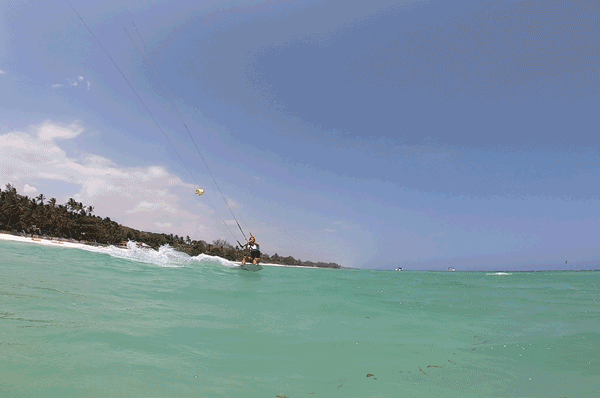

Glorious: In your opinion, what’s the most exciting development in technology that could revolutionise the workplace and extreme sports?
Josie West: The introduction of chat GPT/generative AI is fascinating. If you work at a computer, you might absorb it and acknowledge it now, or you might take a year to adopt it, but it is a huge step change in the way we are all going to work. I can see the benefits because I don’t like spending loads of time looking at a screen, so anything that can improve my efficiency, which reduces my time at a screen, I’m up for it! As far as extreme sports are concerned, my mind goes back to what I mentioned previously, we need to be careful and not remove the opportunity to play and have fun. However, it would be beneficial if we could create tech and data that can recognise the different approach to women and learning styles, as this would give us more weight to an argument that states, for example, women need a different style of teaching.
Glorious: Have you had any experiences that made you realise the need for more female representation in both tech and extreme sports?
Josie West: The obvious one for me is inspiration. I work for a global company with 70,000 people and the CEO, Pamela Maynard, is a Black woman. I had never worked for a tech company that has a woman CEO, let alone a Black woman. She is a compassionate leader, she’s very different from any other leader I’ve ever seen and that’s why I work for this company. I was headhunted and I wasn’t that keen on moving from my previous role, but then I read about the CEO and I thought, ‘Wow, that’s pretty cool.’ She inspires me to bring my whole self to my job, not the person I think I should be. I take pride in finishing on time. I take pride in addressing the elephant in the room when it’s full of men. I take pride in being a compassionate leader. That’s because she has opened up this opportunity for me to be like that.
In sport, it’s the same thing. In 2018 I travelled around the world. I’d spent nine months surfing with many women but they were a similar level to me. Then I went to Sri Lanka, and I met one of the best female kite surfers in the world, Paula Novotná. It opened up opportunities for me because she looked like me. She had a similar style and did tricks that others didn’t do. I suddenly realised that I had spent nine months trying to do tricks and develop myself in a way that wasn’t right to me. When Paula came along and showed me different tricks and other styles of riding, I suddenly became much quicker because I was kite surfing in a way that was right for me.
Extreme
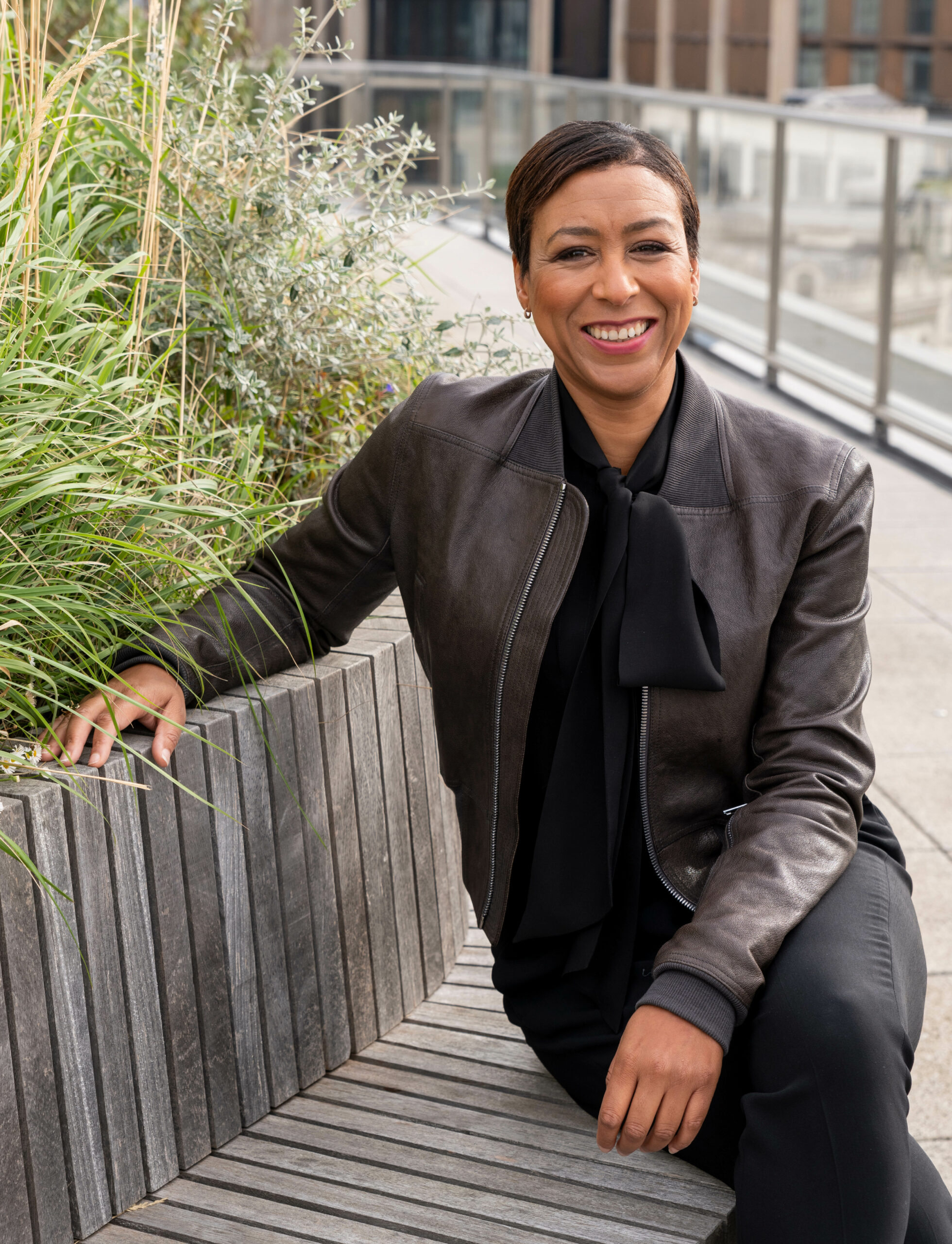
Glorious: What advice would you give to women interested in pursuing a career in both technology and sports?
Josie West: Women have so much to give in both of those industries. You don’t need to be a technical expert, you simply need to understand tech and there’s a really important need for diversity of thought in that space. Women bring that because by default, there’s not many women in tech, they bring that new perspective, which is really important because tech is moving so quickly. We have to think differently. Women don’t come into tech because they think that they’re not technical enough. I’m not technical, I just work in tech!
For extreme sports, research shows that one of the reasons women give up is because they believe they feel fear that no one else does. Everyone feels fear, it’s the whole point of extreme sports. But when you go through your learning journey you transition fear into adrenaline and determination. I feel fear, but when I go to the beach, I don’t call it fear, I call it excitement. You have to learn how to re-channel your fear.
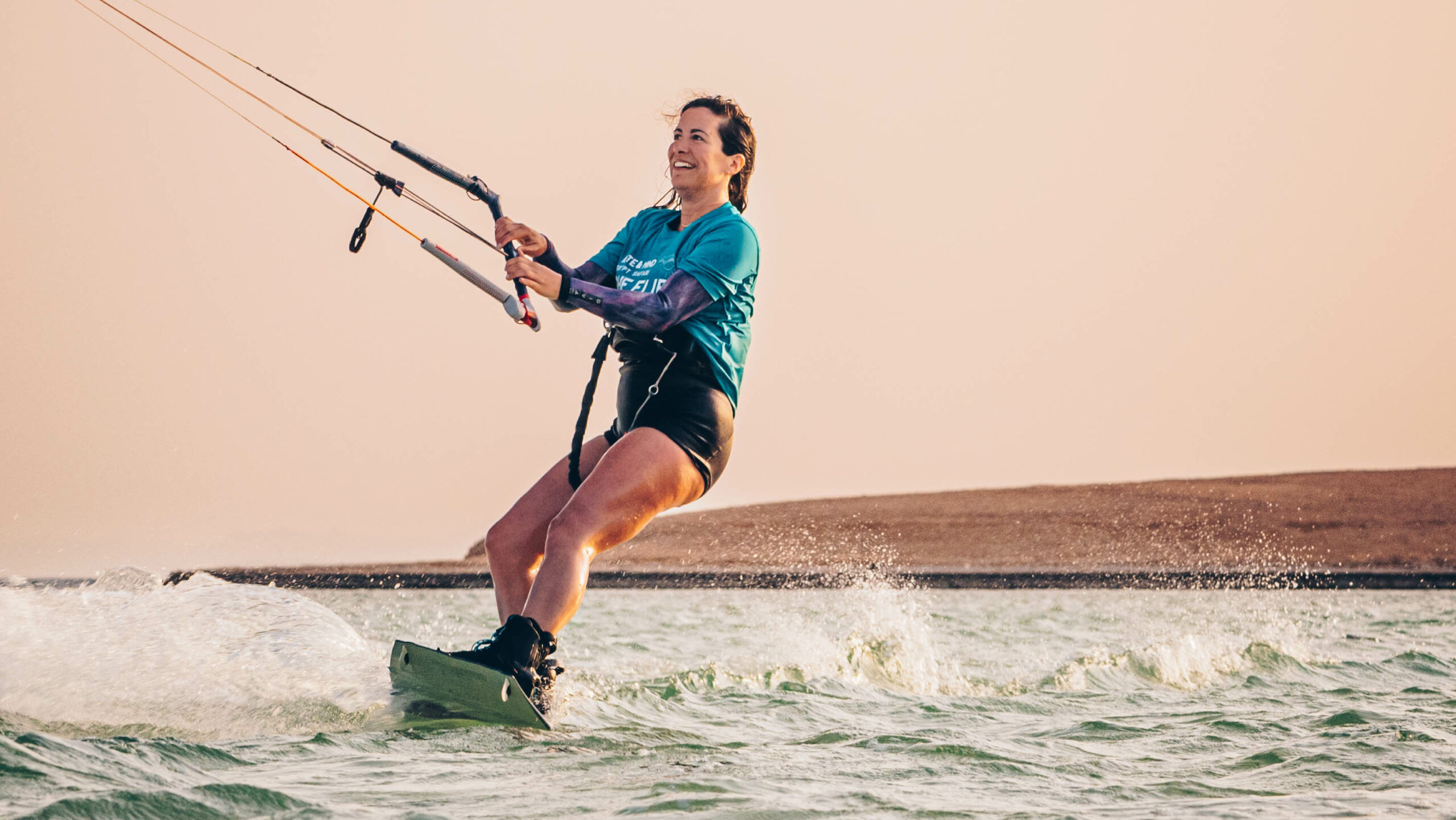
Editorial Design by this is root

